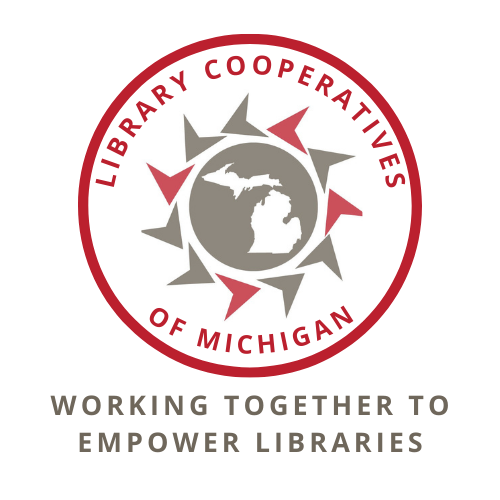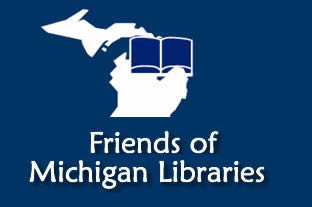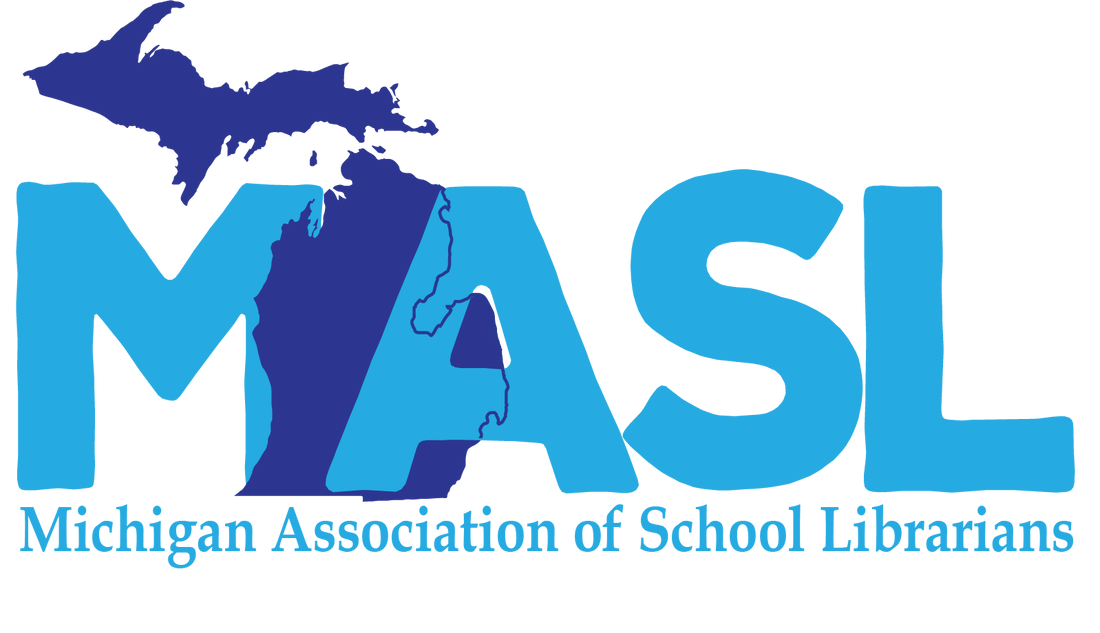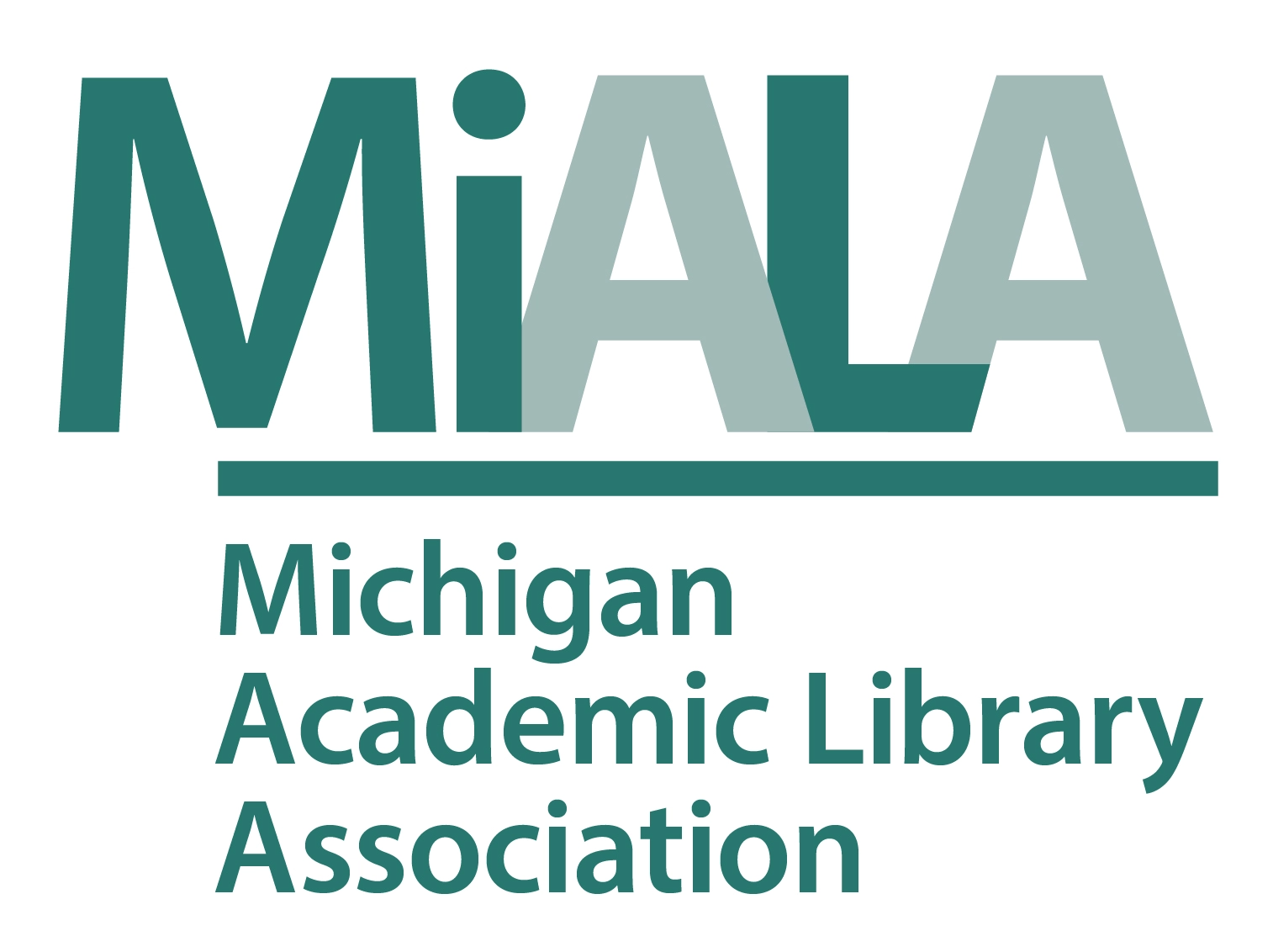| News - MLA | |||
| Thursday, April 27, 2023 12:00 AM | |||
Note From DebbieIn March 2023, the Michigan Library Association contracted with EPIC-MRA, a full-service survey research firm with expertise in Public Opinion Surveys and Market Research Studies. EPIC-MRA has a proven track record of producing accurate and useful research data based on public perceptions and opinions. While we have been using national studies (like those produced by ALA and EveryLibrary) to prove that book banning and censorship issues are not tolerated by the majority of voters in the country, we felt that we needed solid Michigan data to back this up. Our work with EPIC-MRA has produced a statistically valid, stratified survey of 847 voters in Michigan regarding awareness of, and attitudes toward, the increasingly intense and coordinated efforts to dictate the collection content of local public libraries. We produced a statewide summary as well as 11 regional summaries based on the Michigan Cooperative Library regions. We will be disseminating the full summary of findings as well as the regional summaries within the next two weeks. Here are a few of the statewide findings for your perusal. A 71% majority of all respondents gave local public libraries in Michigan – including their local public library – a positive rating for the job they are doing providing programs, services, and a diverse, quality collection of books and other materials to their library patrons (34% excellent), with only 8% giving libraries a negative rating (3% poor), and 21% “undecided.” An 83% majority of all respondents would support state legislation that would protect the right of the public to read what they wish to read in local public libraries and not have books banned. A 70% majority of all respondents said that librarians are very capable (33%) or mostly capable (37%) and trustworthy to decide which books and reading materials should be included in your local library collections. Another 18% said librarians are only a little capable (12%) or not really capable at all (6%) in deciding what books and reading materials should comprise the collection, with 12% undecided. A 42% plurality of all respondents agreed that “there is absolutely no time when a book should be banned from local public libraries,” 45% said “there are rare times when it may be appropriate to ban books from local public libraries,” with 9% saying “there are many inappropriate books that should be banned from local public libraries.” 67% of all respondents said that “books with discussions about sex, gender identity or sexual orientation” should never be banned, with 21% saying they should sometimes be banned and 9% saying they should always be banned. A 75% majority of all respondents said they agree the most that “we need to protect the ability of young people to have access to books from which they can learn about and understand different perspectives and help them grow into adults who can think for themselves,” while only 17% agreed that “we need to protect young people from books that they might find upsetting or that reflect ideologies and lifestyles that are outside of the mainstream.” An 80% overwhelming majority of all respondents agreed with the statement that “individual parents can set rules for their own children, but they do not have the right to decide for other parents what books are available to their children,” with 15% agreeing that “parents have a right NOT to have their children exposed to objectional books at the library and should be able to join with other parents to have those books removed from the library.” A 77% majority of all respondents agreed that “local public libraries should have a diverse collection of books and reading materials that represents the community and the world around us,” while only 15% agree that “anyone who opposes objectional material is just pushing a woke ideology that is trying to indoctrinate our children with ideas about LGBTQ, transgender youth and promoting lifestyles that they should not be exposed to.” In addition to measuring awareness and existing attitudes about the topic among a representative sample of all voters statewide, MLA is interested in gauging what messages resonate for MLA and its members, to proactively and effectively communicate our findings. Such messages would not only advocate the fundamental wisdom of a library board’s objectivity toward the content of the materials in its collection but also measure the level at which the voting public appreciates the inherent pitfalls allowing a group to homogenize the marketplace of ideas and sources of thought contained in public libraries. The messaging component will be the second phase of the work plan.
Deborah E. Mikula
|









